Today on World Maternal Mental Health Day, the HSE’s National Programme for Specialist Perinatal Mental Health Services (SPMHS) is launching a series of information leaflets to support women experiencing mental health difficulties during pregnancy, and their partners, family and friends. The new resources also support women who would have had such difficulties in the past.
Pregnancy is often a very happy and exciting time but not every woman feels this way. A woman may have mixed, or even negative, feelings about being pregnant. Some may find it more difficult than others to cope with the changes and uncertainties which pregnancy brings.
Dr Margo Wrigley, HSE National Clinical Lead for Perinatal Mental Health, said as many as one-in-five women have mental health problems in pregnancy or after birth.
“It can happen to anyone. Depression and anxiety are the most common mental health problems in pregnancy. These affect about 10-to-15 out of every 100 pregnant women. Just like at other times in life, you can have many different types of mental illness and the severity can vary.
“You may already have had a mental illness when you became pregnant. Mental health problems you have had in the past can be worrying because they can increase the risk of becoming unwell, particularly after birth. However, with the right help this can often be prevented.”
The resources, developed by the HSE National Programme for Specialist Perinatal Mental Health Services, cover a wide range of topics including:
– perinatal mental health tips
– mental health problems in pregnancy
– health and supports available
– information for women with existing mental health problems
– postnatal depression information
– perinatal OCD
– Lithium in pregnancy
– Valproate in women and girls who could get pregnant
– postpartum Psychosis
– as well as Information for carers (partner, family and friends).
The leaflets and poster are available from www.hse.ie – search for perinatal mental health.
Dr Wrigley underlines the importance of seeking specialist advice and treatment:
“Many things can affect how you feel in pregnancy including physical symptoms (eg, morning sickness), the support you have (or don’t have) and stressful events in your life. Women often worry about how they will cope with pregnancy or having a baby. It’s normal to feel stressed or anxious at times.
“However if you find you are struggling with your mental health it is important to seek help. Your GP or perinatal mental health team are there to support you, and discuss medication options if required. It is as important to have treatment for mental health problems as it is for physical health problems in pregnancy. You can still be a great mother even if you are experiencing perinatal mental illness.”
For healthcare staff, information on the development of national services for specialist perinatal mental health services (SPMHS) and the supports available for women with mental health problems in pregnancy is available through the SPMHS Healthcare app. This was developed through the National Programme for SPMHS and is available to all healthcare staff including GPs and public health nurses on https://PMH.healthcarestaff.app.
Perinatal mental health disorders are those which complicate pregnancy (antenatal) and the first postnatal year. They include both new onset and a relapse or reoccurrence of pre-existing disorders. Their unique aspect is their potential to affect the relationship between mother, child and family.
For more expert information on HSE Perinatal Mental Health visit HSE.ie
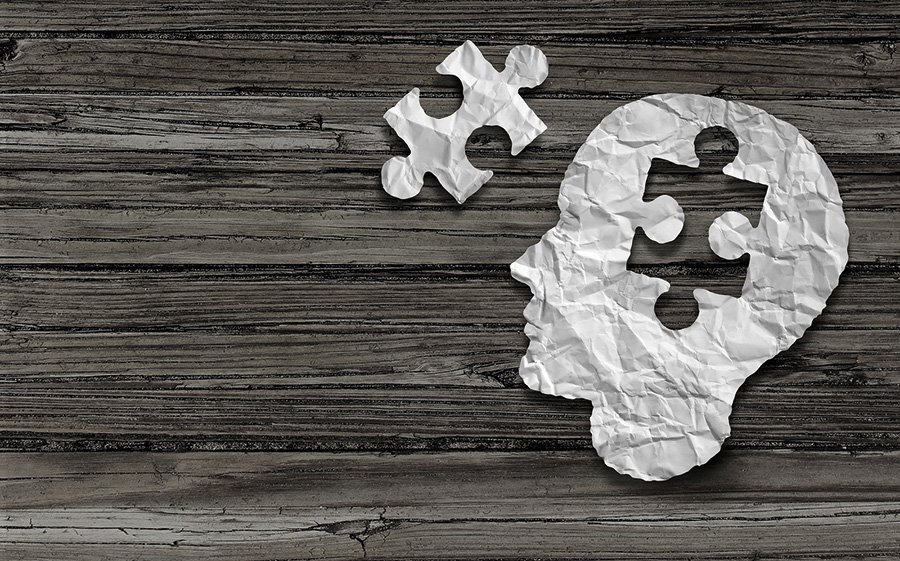
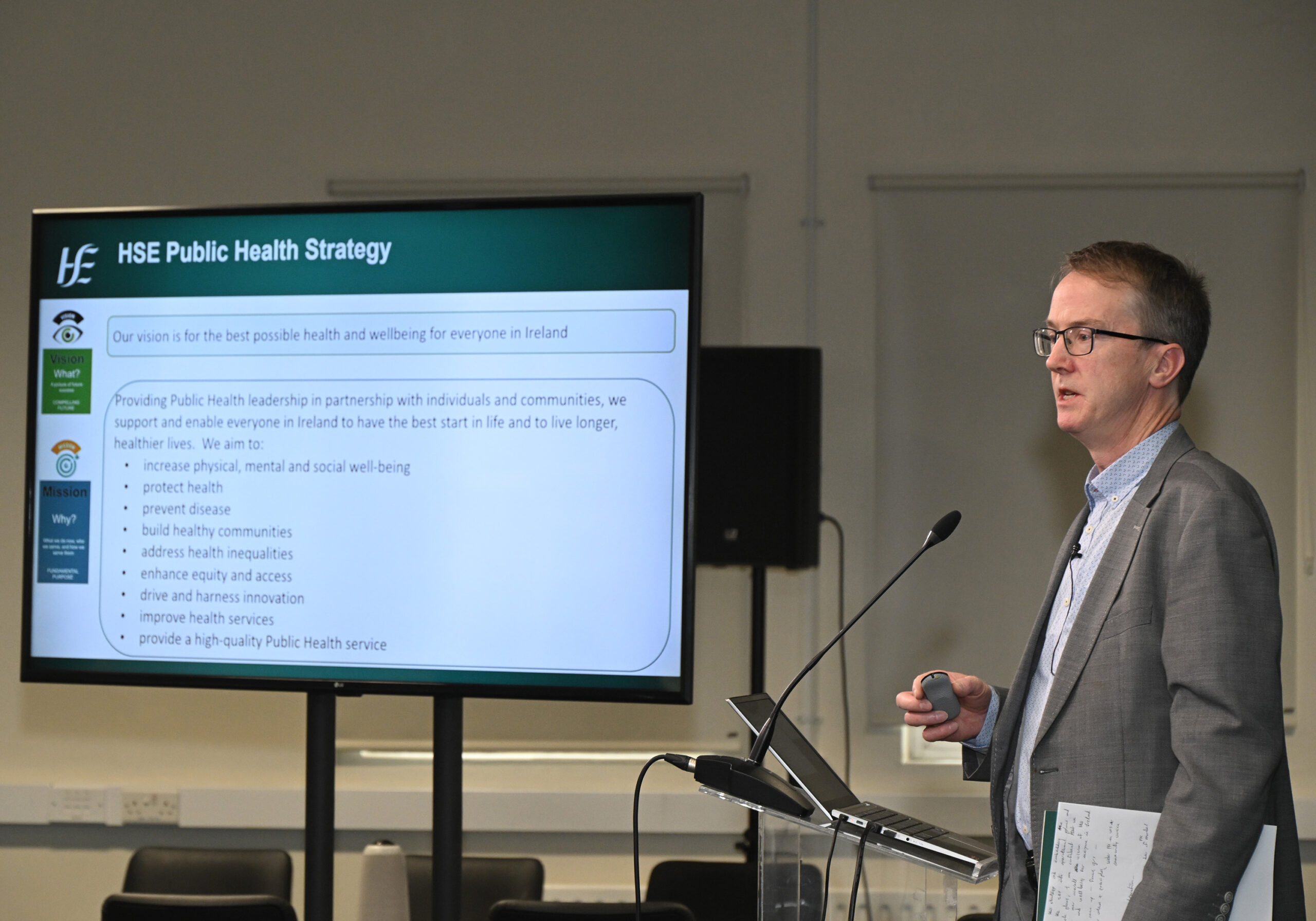

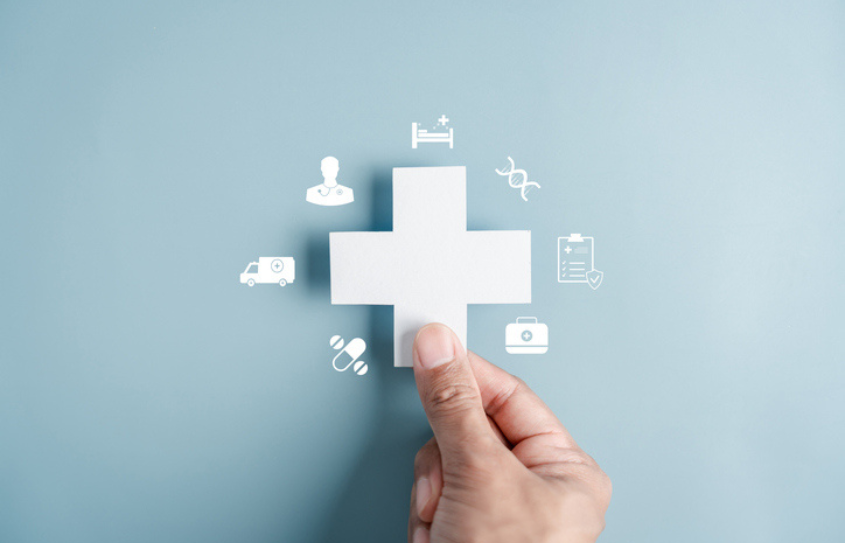
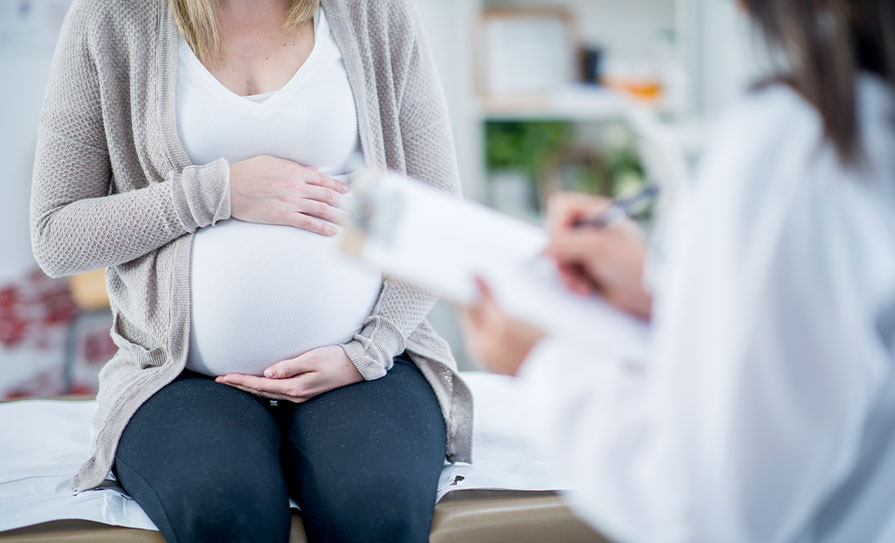
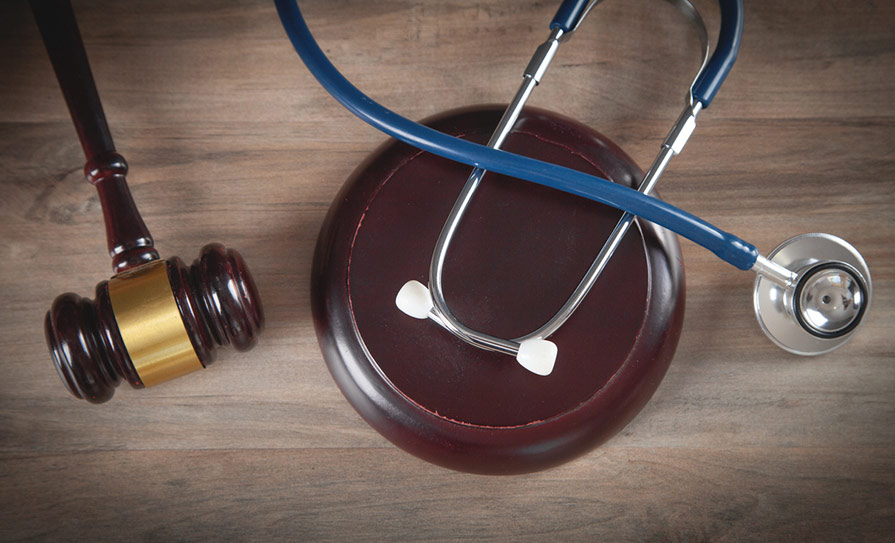


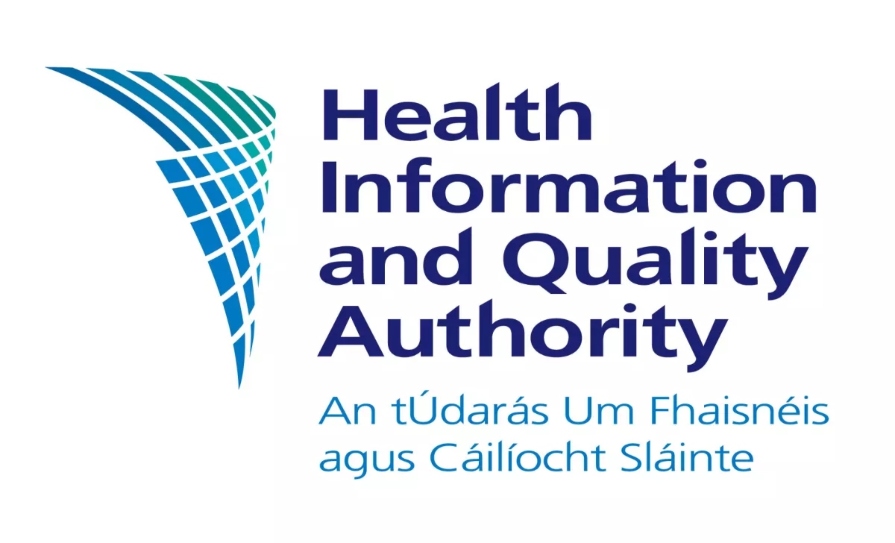




Leave a Reply
You must be logged in to post a comment.